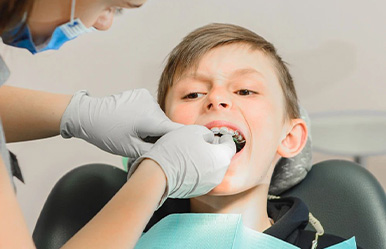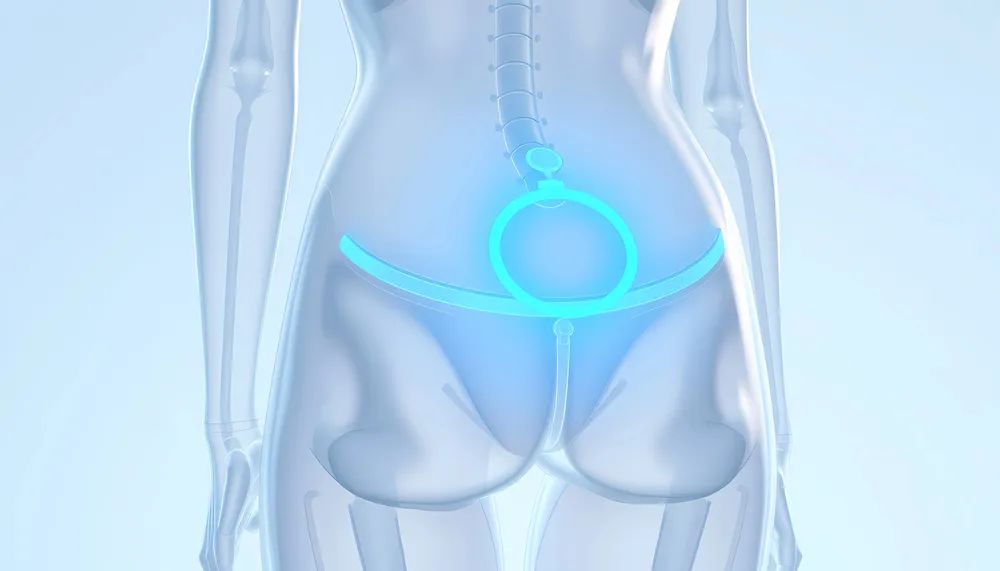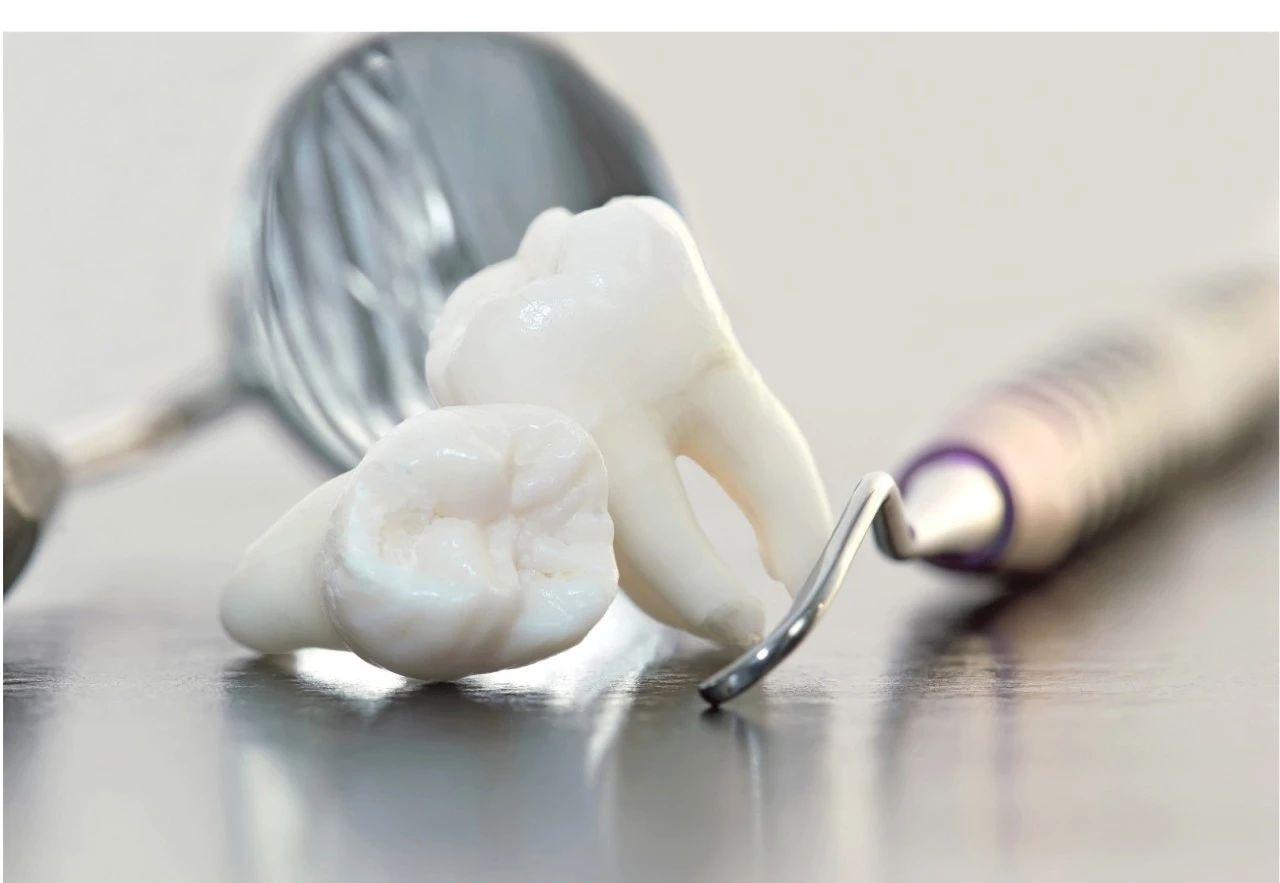Eczema is one of the most common skin conditions which can affect people of all ages. Learn more about the common causes of eczema and the available treatments.
Eczema causes patches of your skin to be itchy and inflamed.
Eczema is a long-lasting (chronic) condition that tends to flare up periodically. People who suffer from asthma, allergic rhinitis, or have relatives who have eczema, are at a higher risk of having the skin condition. Eczema is not contagious.
Symptoms of eczema may vary from person to person. Some of the most common symptoms of eczema include:
Dry skin
Patches on the skin that appear darker than the surrounding area
Inflamed red rashes
Skin that is thickened or leathery and cracked
Itchiness that may become more severe at night
Hard bumps on the skin that may leak fluid and form crusts when scratched
Raw and sensitive skin as a result of scratching
Eczema symptoms can start in infancy and continue through adulthood. However, nearly half of children diagnosed with eczema will outgrow the condition or have their symptoms greatly improve by the time they reach puberty.
In other people it can start in the teenage years and disappear by young adulthood.
For many others, eczema can be a lifelong condition. There also be times when symptoms disappear (called the remission period) and other times when symptoms worsen (called flare-ups).
When most people refer to eczema, they usually mean atopic dermatitis as it is the most common and chronic type of eczema. The following are other common types of eczema which may match your particular symptoms:
Discoid/nummular dermatitis
This type of eczema causes round red patches on the skin and usually affects your legs. It can be mistaken as fungal infection.
Dyshidrotic eczema, also known as dyshidrotic dermatitis or pompholyx cause tiny blisters on the hands, fingers and soles of the feet. It is often seen in adults under 40 years although it can happen at any age.
Symptoms of dyshidrotic eczema usually starts as severe itching and burning of the skin on the hands and fingers. This further develops into tiny itchy blisters on the palms and sides of the fingers that may weep fluid.
The cause of eczema is not fully understood but is believed to be a combination of dysfunctional skin barrier and an overactive immune system which may respond aggressively when exposed to irritants. Eczema triggers include:
animal dander
any infections eg. common colds, upper respiratory tract infections
insect bites
certain foods that may aggravate eczema in some patients
chemicals found in cleaners and detergents that dry out the skin
contact allergy eg. nickel, hair dye
rough scratchy material, like wool
stress
sweating
synthetic fabrics
temperature changes, especially to heat
Although living with eczema can sometimes be challenging, there are steps you can take to help better manage your eczema:
When bathing, use a mild soap or soap substitute that won't dry your skin, and afterwards apply a good moisturiser.
Keep your skin moisturised throughout the day. Apply moisturiser daily and regularly to repair the skin barrier.
Avoid taking very hot or very long showers as this can dry out your skin.
Don't scratch your eczematous skins
If you need some help controlling your eczema itch, you may want to consider antihistamines. Examples of antihistamines for eczema include:
Cetirizine
Loratadine
Levocetirizine
Desloratadine
Fexofenadine
Treat skin inflammation with topical steroid creams
Different potency steroid creams can be used to treat eczema skin inflammation, depending on extent and area of rashes. Your doctor can explain the proper use of creams and monitor for side effects. There are also non-steroid creams to treat skin inflammation, generally used for sensitive areas on the face and eyelids.
Allergy tests (prick or patch test)
Allergy tests may be required for certain types of eczema and to identify potential substances which your skin may be allergic to.
A skin prick test can test for as many as 50 different substances at once such as, pollen, mold, pet dander, dust mites and food. The test is performed by gently pricking the skin's surface using needles and placing small drops of allergen extracts into the skin's surface. If you are allergic to any of the tested substances, a raised, red, itchy bump will appear.
Patch tests are done to see if a particular substance is causing an allergic skin inflammation. Substances that are tested may include latex, fragrances, preservatives and metals. The test can be used to detect allergic reactions that take several days to develop. Allergens are applied to patches and then placed on your skin, either on your arm or back for 48 hours. Irritated skin at the patch site may indicate an allergy.
Foods to avoid with eczema
There is no clear link that has been found between eczema and food allergies. Some people who have eczema are also diagnosed with food allergies and therefore must avoid certain foods to prevent causing or worsening dermatitis.
Some of the foods that people are commonly allergic to that may result in eczema flare-ups include eggs, milk, soy and wheat.
When do you see a doctor?
See a dermatologist if you:
are so uncomfortable that the condition is affecting sleep and daily activities
continue to experience symptoms despite trying home remedies
have a fever or generally unwell together with the rash
have persistent or worsening skin rashes, especially with wet weepy wounds developing on the skin
If you currently suffer from eczema, don't be disheartened. Consult your dermatologist early and begin taking steps to manage the condition.
Article reviewed by Dr. Chance Zhang, Dermatologist of Parkway.

References:
Eczema (Atopic Dermatitis) Treatment. Retrieved 11/06/2019 from https://www.webmd.com/skin-problems-and-treatments/eczema/understanding-eczema-treatment#1
Eczema: Symptoms, Causes, and Treatment. Retrieved 11/06/2019 from https://www.healthline.com/health/eczema
Atopic dermatitis (eczema). Retrieved 11/06/2019 from https://www.mayoclinic.org/diseases-conditions/atopic-dermatitis-eczema/symptoms-causes/syc-20353273
13 Severe Eczema Triggers and How to Avoid Them. Retrieved 11/06/2019 from https://www.healthline.com/health/severe-eczema/triggers-how-to-avoid
What Are the 7 Different Types of Eczema? Retrieved 11/06/2019 from https://www.healthline.com/health/types-of-eczema
Eczema. (2020, October 28) Retrieved December 20, 2021, from https://my.clevelandclinic.org/health/diseases/9998-eczema
Prescription Topicals. (n.d.) Retrieved December 20, 2021, from https://nationaleczema.org/eczema/treatment/topicals/
Pompholyx (dyshidrotic eczema). (2018, June 18) Retrieved December 20, 2021, from https://www.nhs.uk/conditions/pompholyx/
Atopic dermatitis (eczema). (2020, June 20) Retrieved December 20, 2021, from https://www.mayoclinic.org/diseases-conditions/atopic-dermatitis-eczema/symptoms-causes/syc-20353273
Allergy skin tests. (2020, April 04) Retrieved December 20, 2021, from https://www.mayoclinic.org/tests-procedures/allergy-tests/about/pac-20392895
































